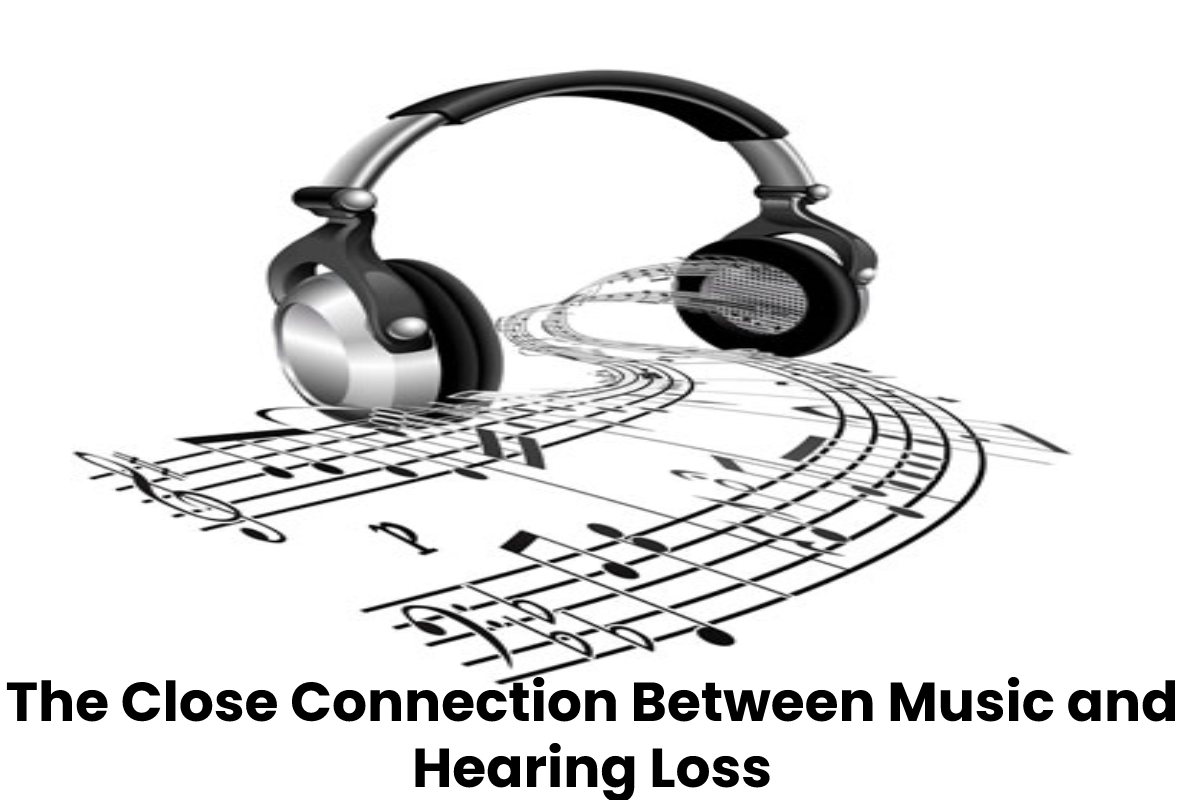Exploring Music and Hearing Loss
Music and Hearing Loss, Noise-induced hearing loss is a growing problem amongst youth, impacting 12.5% of people aged 6-19 and 17% of people aged 20-69, per the CDC. And the list of prominent musicians with hearing loss grows longer by the day. We’re not here to talk about that, though.
You’re no doubt already aware of the prevalence of noise-induced hearing loss and the general guidelines for prevention, but in case you need a refresher:
- Avoid loud environments where possible.
- Use adequate hearing protection in the workplace.
- If you listen to music, keep the volume at manageable, sustainable levels.
- Avoid using earbuds where possible; use headphones instead.
- Seek out regular hearing tests with a licensed audiologist.
Now, let’s focus on something a little different. We’re going to talk about how hearing-impaired individuals experience music. And on how, if you’re a hearing-impaired or D/deaf individual yourself, you can still seek out a career in the musical field.
First and foremost, music can be used as part of a therapeutic treatment plan for hearing impairment. As noted by a study published in Science Direct, its effects are particularly pronounced in hearing-impaired children, and it’s been proven to have rehabilitative effects and help develop speech and language skills. And as noted by Music Heals, music can play a crucial role in expanding the use of residual hearing and improving both communication skills and emotional well-being.
Beyond this, however, music is a form of connection that humans are hardwired to seek out. That includes the hearing-impaired. The misconception that a person suffering from hearing loss cannot enjoy music to the same extent as a hearing person is both harmful and false.
People with hearing difficulties are just as capable of enjoying music as anyone else. They simply experience it differently. They’ve found a different way to enjoy it.
Someone who’s partially deaf, for instance, may like the vibrations of bass-heavy music genres such as techno and metal, as it allows them to feel the music on a visceral, physical level. They can feel and hear the sound currents in the air, and their bodies react to the experience.
Believe it or not, there’s also a potential career path for hearing-impaired individuals, as well. If you’re capable of communicating in multiple regional variations of sign language, you can easily land a gig as an interpreter at concerts. Not only are you helping a significantly underserved demographic, but your job security is also more or less guaranteed — musical interpreters tend to be just below government broadcast interpreters in terms of comfort and job security.
Music is, in many ways, a universal human language. Even if you don’t understand the words of a song, you can still experience the emotion it conveys. And even if you’re hearing-impaired, you can still immerse yourself in your own soundscapes with the help of hearing aid accessories.
About the Author:
Dr. Renee Flanagan is the Director of Audiological Care at Hearing Planet. She works with the training and development of Hearing Care staff so they may help the hearing impaired population by following best in class hearing healthcare practices.
